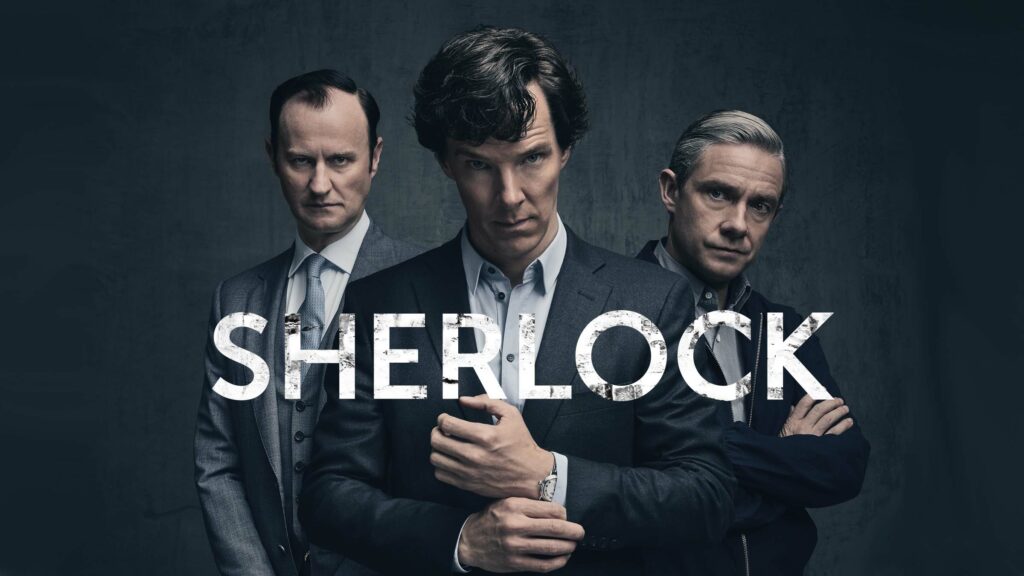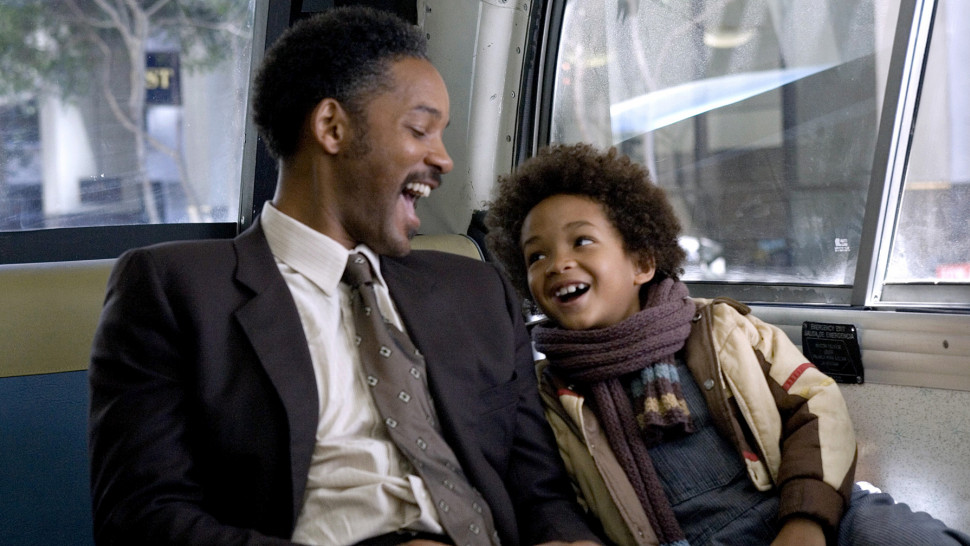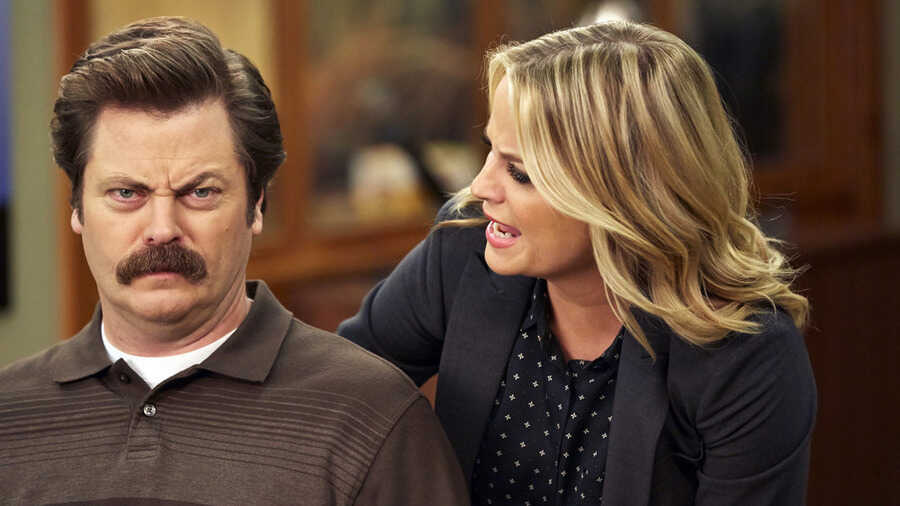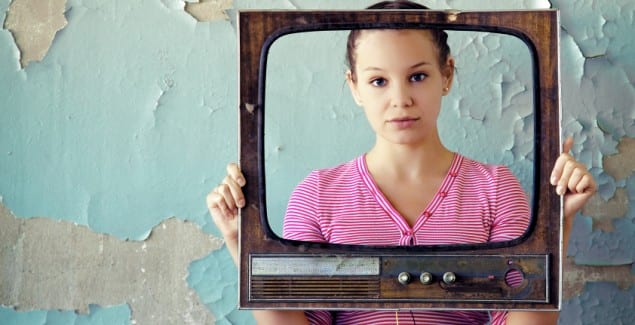Television, often dismissed as a mere source of entertainment, has the remarkable ability to offer us profound insights into the complexities of the human experience and the world around us. While it may seem like a passive activity, watching TV can, in fact, be an active engagement with the human condition. In this blog, we will explore how TV shows can teach us about reality, from understanding diverse perspectives to delving into real-world issues, and how they can inspire and impact our lives.

1. Diverse Perspectives: A Window to the World
One of the greatest strengths of TV shows is their ability to transport us into different worlds and experiences. By tuning into various series, we can immerse ourselves in diverse cultures, backgrounds, and viewpoints. This exposure not only broadens our horizons but also fosters empathy and understanding.
Shows like “The Crown” and “Downton Abbey” offer a glimpse into the lives of British royalty and aristocracy, shedding light on power dynamics and the weight of tradition. In contrast, series like “Fresh Off the Boat” and “Jane the Virgin” provide a platform to explore the immigrant experience in the United States. These shows help us connect with people from different walks of life and encourage us to appreciate the richness of our world.

2. Life’s Moral Maze: Ethical Dilemmas
TV shows often introduce characters who grapple with moral dilemmas and ethical choices. They force viewers to reflect on their own values and beliefs, thereby promoting self-awareness and introspection.
Consider “Breaking Bad,” where the main character, Walter White, descends into criminal activities to secure his family’s future. The series challenges us to contemplate the boundaries of right and wrong and the consequences of our choices. Such narratives serve as a reminder of the importance of ethical integrity in our own lives, prompting us to make better decisions.

3. Navigating Relationships: The Realities of Human Bonds
One of the most compelling aspects of TV shows is their ability to depict the intricacies of human relationships. Whether it’s the complexities of romantic love, family dynamics, or the intricacies of friendship, these shows provide valuable lessons in communication, empathy, and understanding.
In the beloved series “Friends,” we witness the ups and downs of a tight-knit group’s friendship. The show teaches us about loyalty, the support network we all need, and the inevitable conflicts that arise in any relationship. Similarly, “This Is Us” delves into the complexities of family life, portraying both the joys and challenges of familial bonds. These shows offer insights into the dynamics that define our own relationships, helping us navigate them more successfully.

4. Problem-Solving and Resilience: The Art of Overcoming
TV shows often present characters who encounter difficult situations and must find creative solutions. Their stories inspire viewers to adopt a problem-solving mindset and to cultivate resilience in their own lives.
For example, “Sherlock” follows the brilliant detective Sherlock Holmes as he unravels intricate mysteries. His deductive reasoning and analytical skills encourage us to think critically and tackle problems with determination. “The Walking Dead,” set in a post-apocalyptic world, showcases characters who adapt and persevere in the face of adversity, teaching us the value of resilience.

5. Emotional Intelligence and Empathy: Feeling with Others
TV shows evoke a wide range of emotions, creating a deep emotional connection with the characters. This connection enhances our emotional intelligence and fosters empathy. By identifying with the characters’ experiences, we become more attuned to the feelings of others in our real lives.
“Grey’s Anatomy,” for instance, explores the emotional challenges faced by doctors and healthcare professionals. These characters navigate life-and-death situations, ethical dilemmas, and the emotional toll of their work. Watching their journeys fosters empathy for healthcare workers who dedicate their lives to saving others.

6. Addressing Real-World Issues: Catalysts for Change
Many TV shows tackle real-world social issues and engage in advocacy through storytelling. By addressing topics such as racism, gender equality, and mental health, these shows become catalysts for important conversations and social change.
“Black Mirror,” for instance, delves into the darker side of technology and its impact on society. It raises questions about privacy, social media, and artificial intelligence, sparking discussions and encouraging viewers to become informed and engaged citizens.

7. Lessons in Resilience: Triumph Over Adversity
TV shows often highlight stories of resilience and triumph over adversity. Whether it’s characters battling personal demons, overcoming physical challenges, or pursuing their dreams, these narratives inspire us to confront our own obstacles with courage.
The biographical series “The Pursuit of Happiness” is based on the true story of Chris Gardner, who faced homelessness and adversity while pursuing a career in finance. His determination and perseverance serve as a powerful example of the human spirit’s capacity to endure and succeed.

8. The Power of Laughter: Finding Joy in the Mundane
While TV shows offer drama and life lessons, they also provide a dose of humor. Laughter, a universal language, transcends cultural and linguistic barriers, reminding us of the importance of finding joy in the ordinary.
“Friends,” “The Office,” and “Parks and Recreation” use humor to explore the quirks and idiosyncrasies of everyday life. They remind us that even in the most mundane moments, there is room for laughter and lightheartedness.
TV’s Role in Shaping Our Reality
Television, far from being a mindless diversion, serves as a powerful tool for learning about the world and ourselves. By exposing us to diverse perspectives, ethical dilemmas, human relationships, resilience, and real-world issues, TV shows equip us with valuable insights that can profoundly impact our understanding of reality. So, the next time you find yourself engrossed in a TV series, remember that you’re not just escaping from reality; you’re actively engaging with it, learning valuable lessons along the way. TV is more than just a source of entertainment; it’s a window to the world and a mirror reflecting our own lives.



